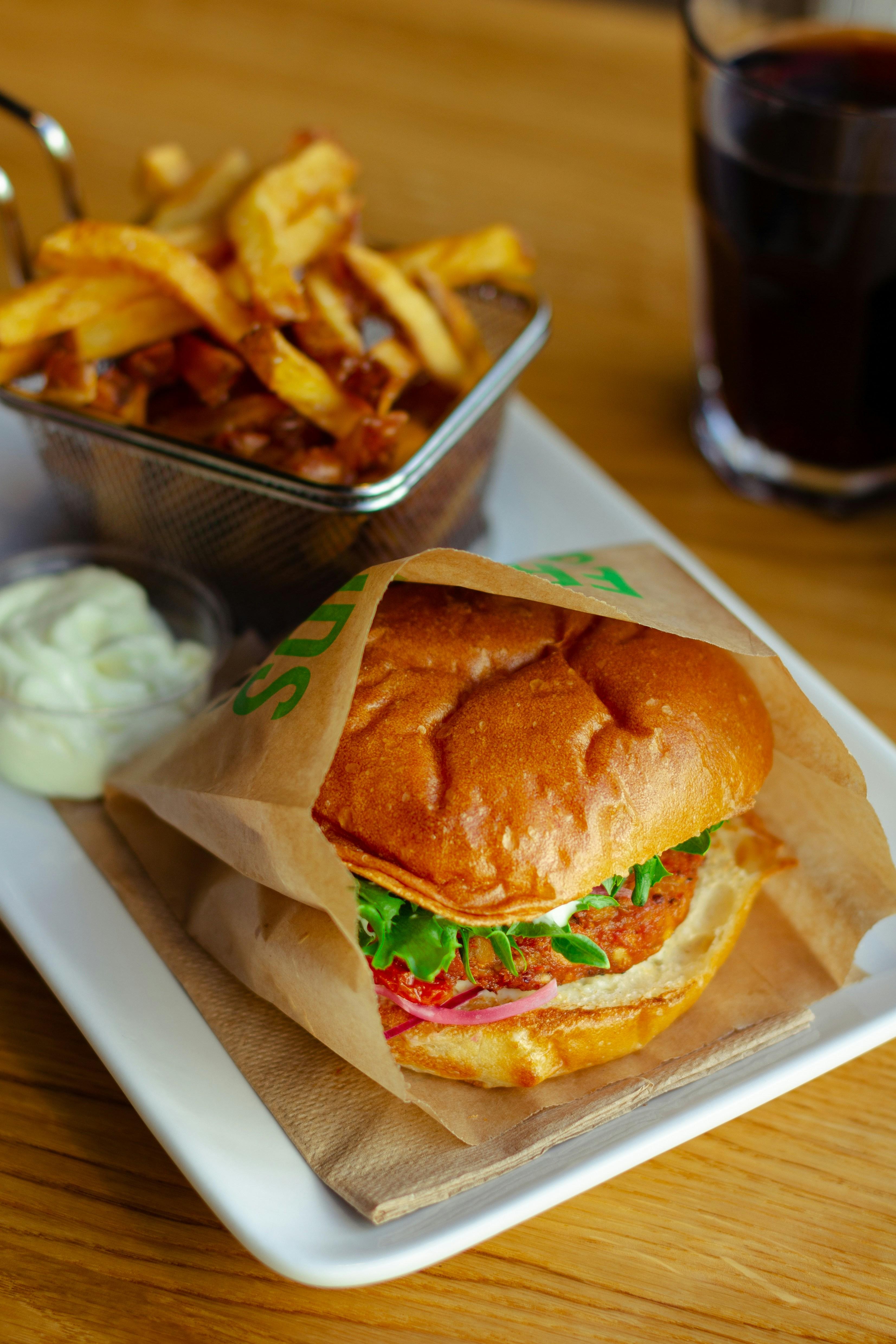In the world of fitness and nutrition, where discipline is often the cornerstone of success, the concept of a “cheat meal” tantalizes with the promise of indulgence without guilt. Yet, beneath the surface of this tempting reprieve lies a contentious debate: are cheat meals a harmless treat or a hidden saboteur of our health goals? As fitness enthusiasts and experts alike grapple with this question, the answer remains as elusive as the perfect diet itself. This article delves into the heart of the matter, exploring the science, psychology, and potential pitfalls of cheat meals to uncover whether they truly serve as a beneficial break or if they ultimately undermine our efforts. Join us as we unravel the complexities of this dietary dilemma, where pleasure and progress hang in a delicate balance.
Balancing Indulgence and Discipline in Your Diet Plan
- When it comes to maintaining a balanced diet, the concept of indulgence often sparks a lively debate. On one hand, there’s the undeniable allure of savoring a rich chocolate cake or a hearty cheeseburger, while on the other, the stringent rules of discipline demand unwavering commitment. Finding harmony between these two can be the key to long-term success. Cheat meals, when used judiciously, might not be as counterproductive as they seem. They can offer psychological relief and help prevent feelings of deprivation, making it easier to stick to a healthier regimen in the long run.
- However, the secret lies in the approach. Consider integrating these indulgences into your plan in a controlled manner. Instead of labeling them as ‘cheats’, think of them as ‘planned indulgences’. This shift in perspective can transform them from guilt-ridden binges into deliberate choices. By doing so, you’re not only allowing yourself a moment of pleasure but also reinforcing the discipline of returning to your regular diet. Remember, the key is moderation and mindfulness, ensuring that these moments of indulgence enhance rather than derail your dietary goals.
Understanding the Psychological Impact of Cheat Meals
Engaging in the practice of incorporating cheat meals into a structured dietary regimen can have a profound effect on an individual’s mental landscape. On one hand, these planned indulgences can serve as a psychological reward, offering a momentary reprieve from the rigors of strict dieting. This brief escape can lead to feelings of satisfaction and motivation, potentially enhancing long-term adherence to healthy eating habits. However, there is a flip side to this coin. The concept of a cheat meal may inadvertently cultivate an unhealthy relationship with food, wherein the anticipation of a ‘cheat’ can overshadow the enjoyment of regular meals.
- Positive Reinforcement: Cheat meals can act as a reward, boosting morale and motivation.
- Potential Guilt: For some, indulging may trigger feelings of guilt or failure, undermining self-esteem.
- Food Obsession: The notion of ‘cheating’ can lead to an unhealthy fixation on certain foods.
- Dietary Balance: Finding a balance is key to preventing psychological pitfalls associated with cheat meals.
Ultimately, the psychological impact of cheat meals is a double-edged sword. While they can provide a necessary mental break and encourage adherence to a dietary plan, it’s crucial to remain mindful of their potential to foster guilt and food obsession. Mindful eating and self-awareness are essential tools in navigating the fine line between indulgence and imbalance.

Nutritional Insights: When Cheat Meals Help and When They Hinder
Cheat meals can be a double-edged sword in the realm of nutrition. On one hand, they offer a psychological break from the rigidity of a strict diet, providing a much-needed respite and potentially boosting long-term adherence to healthier eating patterns. By indulging in a favorite treat, you may find renewed motivation and satisfaction, which can be instrumental in preventing binge eating. Here’s when cheat meals can be beneficial:
- Boosting Metabolism: Occasional calorie spikes can help rev up your metabolism, making it easier to break through weight loss plateaus.
- Mental Relief: Allowing yourself the occasional indulgence can reduce stress and curb cravings.
- Social Flexibility: Enjoying a meal with friends or family without restrictions can enhance social experiences and maintain healthy relationships.
However, it’s crucial to be mindful of when cheat meals might hinder progress. Frequent indulgences can lead to a slippery slope, where occasional treats become regular habits, ultimately derailing your nutritional goals. Here are some pitfalls to watch out for:
- Overconsumption: What starts as a single meal can turn into an entire day of overeating, negating a week’s worth of effort.
- Guilt and Regret: Without a balanced approach, cheat meals can lead to feelings of guilt, which may negatively impact your mental well-being.
- Triggering Cravings: Highly palatable foods can reignite cravings, making it challenging to return to healthier choices.

Crafting a Cheat Meal Strategy for Long-Term Success
When integrating cheat meals into a balanced diet, it’s essential to develop a thoughtful strategy that ensures these indulgences support your long-term health goals. A well-crafted cheat meal strategy can help maintain motivation and prevent feelings of deprivation, which are common pitfalls in strict dieting. Consider the following when planning your approach:
- Frequency: Decide how often you’ll indulge. Some find success with a weekly cheat meal, while others opt for a more flexible monthly plan.
- Portion Control: Keep portion sizes in check to enjoy your favorite treats without derailing progress.
- Mindful Choices: Opt for foods that truly satisfy your cravings rather than mindlessly consuming empty calories.
- Balance: Ensure your cheat meal doesn’t spiral into a cheat day. Pair indulgent foods with healthier options to maintain nutritional balance.
By thoughtfully incorporating these elements into your cheat meal strategy, you can enjoy occasional indulgences without compromising your long-term health objectives. The key is to remain intentional and aware, ensuring each cheat meal serves as a stepping stone rather than a stumbling block on your wellness journey.
In Conclusion
As we navigate the intricate dance between indulgence and discipline, the concept of cheat meals remains a fascinating focal point in the grand tapestry of dietary discourse. While opinions may diverge on their efficacy, one truth persists: the journey towards health is as individual as the person undertaking it. Whether cheat meals serve as a cherished reprieve or a tempting pitfall, they invite us to reflect on our personal relationship with food and balance. Ultimately, the decision rests in our hands, as we strive to nourish both body and soul in the quest for well-being. As we close this chapter, may we carry forward a spirit of curiosity and open-mindedness, ever ready to explore the nuances of nutrition in our own unique way.


































